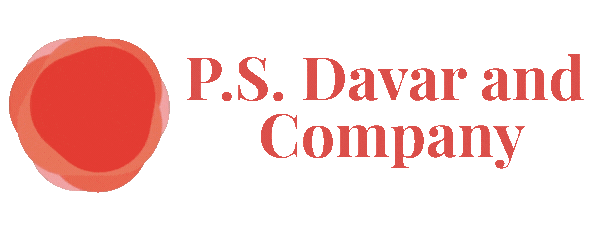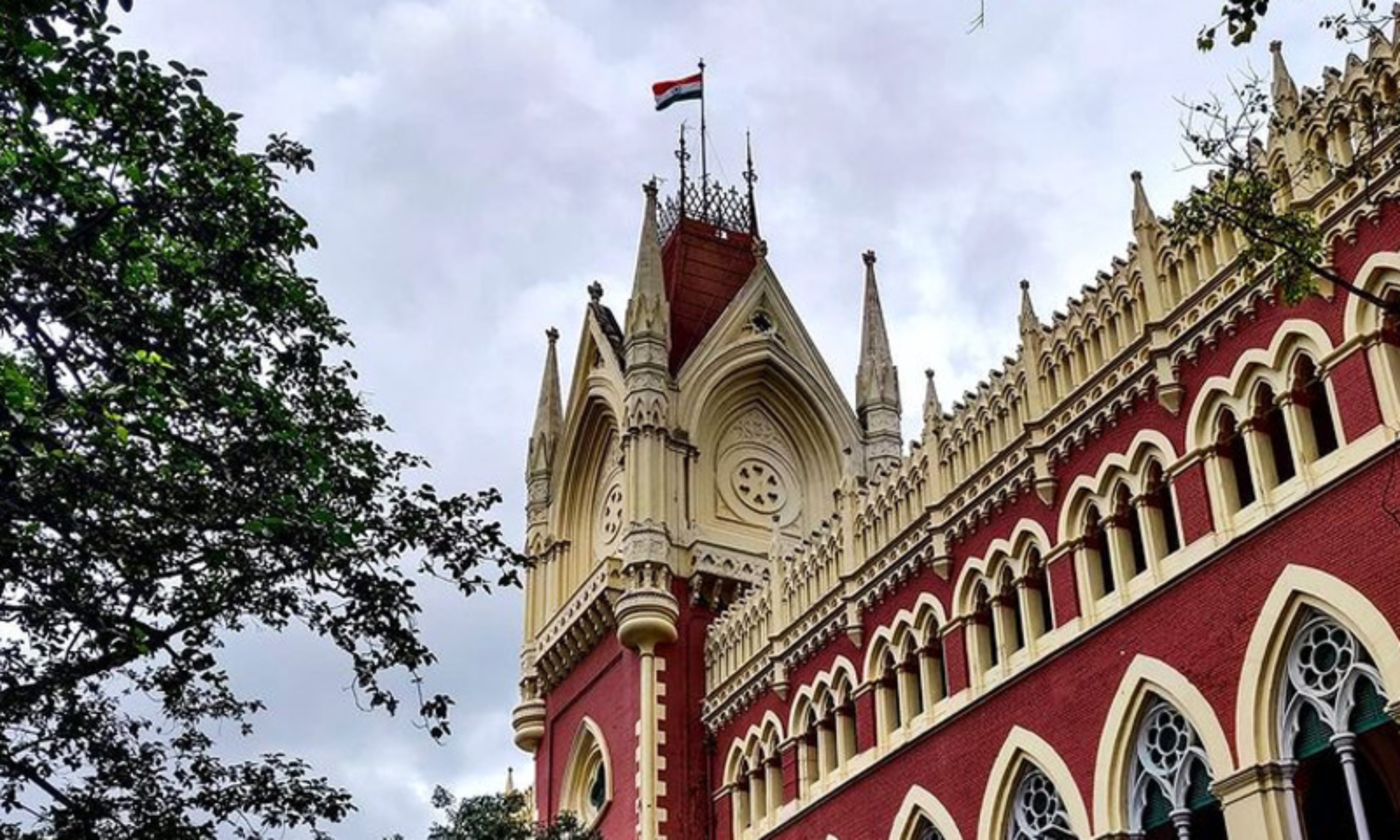In a recent legal dispute adjudicated by the Calcutta High Court, Dabur India Limited pursued action against Dhruv Rathee, a prominent YouTuber. Rathee's video, uploaded on YouTube, raised concerns about the health implications of consuming ready-to-serve (RTS) fruit juices. Dabur alleged that Rathee's video made direct, brazen reference to their trademarked product as well as displayed Dabur’s advertisement and hence, infringed upon their trademark and copyright protections under the Trade Marks Act, 1999 and the Copyright Act, 1957.
The Hon'ble High Court found that Rathee's video contravened Section 29(9) of the Trade Marks Act, 1999, by explicitly referencing and displaying Dabur's trademarked products without authorization. Additionally, the Court held that the video violated provisions of the Copyright Act, 1957 by using Dabur's copyrighted materials without permission. Despite Rathee's intention to critique, the court ruled that the unauthorized use of Dabur's Intellectual Property undermined their exclusive rights and reputation.
As part of the settlement, Rathee agreed to amend his video to remove any reference to Dabur's trademarks, copyrighted content, labels, and related materials. This resolution, preserving Rathee's freedom of speech while respecting Dabur's intellectual property rights, reflects the legal complexities inherent in the digital age where social media influencers engage in commentary that can impact corporate reputation and legal standing.

